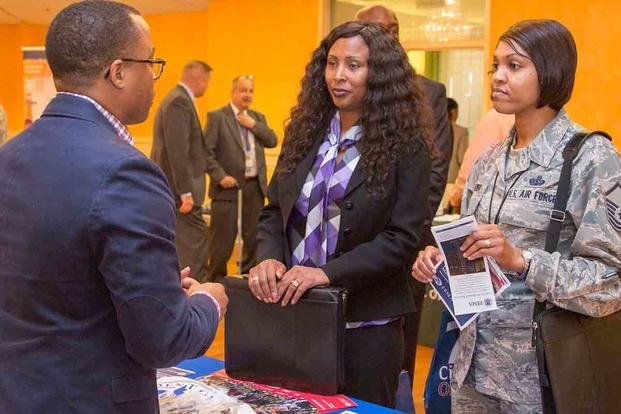Question: I recently blew a job interview. I was prepared and informed about the position and the company but was having a bad day when the interview came around. I lacked enthusiasm, fumbled my answers and forgot to ask questions I'd prepared. Despite how I was feeling, should I have just faked it and pretended to be more excited than I was feeling?
Answer: We all have bad days when we don't act like ourselves, for whatever reason. "Faking it" however, can be a challenge. It isn't in your best interest to pretend to be someone else, act unlike yourself or misrepresent what you stand for.
Why Faking It Doesn't Work
In addition to distorting who you are, faking your enthusiasm or personality for a job can lead to trouble: What if you portray yourself as outgoing and charismatic, but you are truly more reserved and cautious? If the company is attracted to the bubbly and extroverted you that you pretended to be and they hire you, will you be expected to act that way every day?
Faking credentials, experience, resumes, etc., is an absolute no. Today, it is easy for an employer to verify your background, and falsifying your qualifications is a quick way to be disqualified from consideration, sometimes permanently. A recruiter I know keeps track of any candidate she encounters who's lied or exaggerated their experience on a resume and will not consider them again because of that infraction.
"If they could lie about that," she says, "what else could they lie about?"
Faking it also means you're being inauthentic. Companies are looking for real people who bring real experiences, stories, ideas and talents to their workplace. If you misrepresent who you are, what you care about and what you can offer, you're assuming that you aren't good enough or right for that company.
But what if you are? What if who you are is exactly who that company is looking for? They'll never see the real you if you're pretending to be someone else.
When You're Not Feeling It
What could you have done when you're having a bad day at the same time a critical interview is scheduled? Here are some ideas:
1. Depending on the severity of what you're feeling, consider rescheduling the meeting. Yes, there's a risk the interviewer would be put off by a scheduling change, but if you can't shake the mood and won't show up at your best, what could it hurt to ask?
2. In advance of the interview, consider arranging your environment (family, home, work) to position yourself in a good mental place. If you tend to be upset and unfocused around significant holidays or dates, schedule meetings away from those dates. If you can avoid having hard conversations with loved ones during the time you're preparing for a critical interview, opt for that. If dropping the kids off at school in the morning stresses you out, see whether someone else can take them. Try to get a good night's sleep the night before and be careful overindulging in food and beverages that would throw you off your game. Prepare yourself to be mentally focused and ready.
3. If the morning of the interview comes and you're in a bad place emotionally, talk to someone. A quick conversation with a friend, mentor or adviser can help shake the bad mood and reframe your energy. It's a good idea to have a list of people you can reach out to on hand for such situations in case you need it.
4. Finally, if you feel yourself going sideways in the middle of the interview -- maybe you're getting flustered by their questions, perhaps you've lost your enthusiasm or train of thought when responding, or something they say upsets you -- take a pause.
It would be better to stop the interview and say something like, "Sorry, but I'd like to consider what you just asked before rushing into an answer ..." to give yourself a mental and emotional pause. Take a few seconds to consider your response, gather your notes in front of you and look up with clear eyes and a welcoming expression on your face. Then, try your response again.
Human beings have bad days. We all can feel stress, frustration, depression, anxiety and fear along with joy, hope, optimism, happiness and love. When you find yourself in a situation where the negative thoughts overwhelm your ability to shine your brightest in a job interview, avoid faking it, accept your humanness and move forward as best you can.
Want to Know More About Veteran Jobs?
Be sure to get the latest news about post-military careers as well as critical info about veteran jobs and all the benefits of service. Subscribe to Military.com and receive customized updates delivered straight to your inbox.












